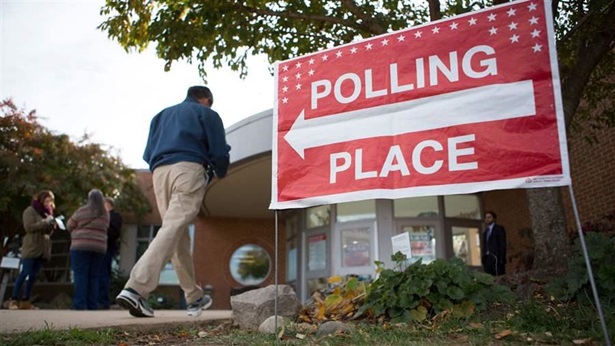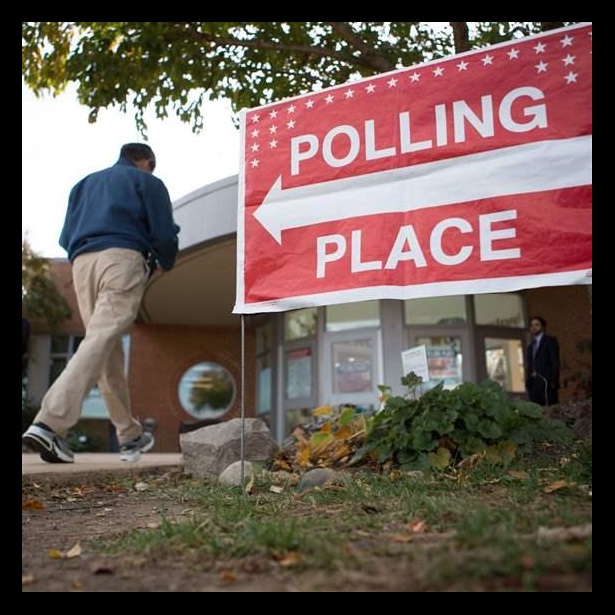Voting Information Project Tools Make Casting Ballots Easier Nationwide
In August, nearly 100,000 voters accessed Voting Information Project (VIP) resources to look up information for elections in 12 states—Alaska, Arizona, Connecticut, Florida, Hawaii, Kansas, Michigan, Minnesota, Missouri, Oklahoma, Wisconsin, and Wyoming. Over the past year, state and local governments, third-party organizations, and voters in 40 states have used VIP tools to support primaries, runoffs, and local and municipal races across the country.
VIP is an initiative of The Pew Charitable Trusts, in partnership with the states and Google, that provides free applications and tools for easy access to voting information, such as where to vote and what’s on the ballot, specifically:
- VIP voting information tool. The easily embedded, mobile-optimized, customized widget furnishes polling place and ballot information when a user searches for an address. The tool has recently been embedded by the Arizona, California, and Iowa secretaries of state, the New Jersey Division of Elections, and the Los Angeles County Registrar-Recorder/County Clerk.
- Short Message Service (SMS) tool. Voters can text VOTE (VOTO for Spanish) to GOVOTE (468683) to receive polling place times and locations, contact information for local election officials, and a link to a voter registration website. The information is available in English, Spanish, Chinese, Hindi, Japanese, Khmer, Korean, Tagalog, Thai, and Vietnamese. The New Jersey Division of Elections, the California and Minnesota secretaries of state, and the Los Angeles County Registrar-Recorder/County Clerk are among the state and local officials who have promoted this service to their constituents.
- Get to the Polls. This website allows voters to enter their addresses and find the locations and hours of their polling places, as well as ballot and candidate information for statewide and municipal elections.
- White-label iOS and Android applications. These mobile applications supply polling place information and ballots in English and Spanish. They can be customized, branded, and released by state and local governments, candidates, campaigns, or third-party organizations. Kansas was first to release its own state-branded app called VoteKansas. Connecticut and North Carolina also released branded versions of the iOS and Android apps for the 2014 election.
Pew is committed to continued work with our partners to collect the data necessary to power all VIP tools for the upcoming general election.
Alexis Schuler is the senior director and Lester Bird is a senior associate for election initiatives at The Pew Charitable Trusts.
Follow us on Twitter using #electiondata and get the latest data dispatches, research, and news by subscribing today.













